
Redeemer of Israel
Shabbat HaGadol: "At least we won't have to clean the cupboard for Pesach," he said, in an attempt to cheer his wife up. But she continued to sit in silence amidst...

Many years ago, when the majority of the Ashkenazi Jews still lived in Eastern Europe, it was common for a Jew to make his living by renting an inn from the local squire.
These inns were not just a place for weary travelers to sleep and get a bite to eat. More often than not, the inn also housed a tavern that catered to the tastes of the local peasants – and it was the steady revenues from the tavern that enabled the innkeeper to earn his daily bread. If the inn was located in a prosperous village and was well situated alongside the main road, the inn was assured of a steady stream of customers in the tavern. The Jewish innkeeper, therefore, could earn a comfortable living and still have ample time to devote to his prayers and learning.
If an inn was not so happily situated, the poor Jew who had the bad luck to win the lease to such a place had to spend night and day at his trade. He could never afford to turn away a customer, no matter how late the hour, because life was a continual struggle of trying to scrape together the sum the innkeeper needed to pay his rent to the wealthy squire.
Such was the fate of a Jew named Moshke who held the lease to a tavern located on the outskirts of the village of Kolbasov. Business was not just bad – it was terrible. Since he never seemed to have enough money to stock up on a supply of vodka and whiskey, the local villagers gave up on him and made due with their homemade brew. It was therefore a rare day, indeed, when a coin found its way into Moshke’s cash box.
Most of the time Moshke wasn’t unduly bothered by this sorry state of affairs, because his needs were few. He was happy with the few potatoes and onions he managed to coax out of the small vegetable garden he tended, and these vegetables were enough to keep the children from crying from hunger.
Even his wife no longer troubled him about their sorry plight for she had by now grown used to their life of poverty. She was grateful that at least Moshke had a good heart and a cheerful disposition, and so even though their life was hard it was not unbearable.
There was one time of year, however, when Moshke would wake up and begin to tremble – when he had to pay the rent due on his lease. His squire was no better, nor worse, than many another squire. If Moshke paid his rent on time, the squire left him alone. But if he didn’t …
Moshke now sat in his inn and contemplated the unhappy fate that awaited him. The date for paying his rent had passed, and he had received his warning from the squire. Although he could not be sure what punishment lay in store, he knew the punishment would be swift in coming. But since he didn’t have the money, there was not a thing he could do to avert the decree.
As he sat thinking his gloomy thoughts, Moshke received a second message from his squire. This message was no happier than the first. The squire warned him that if the sum of money was not paid immediately, the innkeeper would be taught a lesson he would never forget.
The “lesson” arrived on Shabbat HaGadol, the Shabbat immediately preceding Pesach, in the form of a band of Cossacks.
The Cossacks, who were experts at the task that had been assigned to them, started off by enthusiastically smashing into pieces the few sticks of furniture that Moshke possessed. Then they threw out the window the steaming pot of cholent, the special stew prepared in honor of the Shabbat. To finish off the job, they ripped up the clothing packed away in what was once the cupboard and trampled on anything else of value they could find – including the sack filled with the wheat that was to have been used for baking the family’s matzot. When there was nothing more to destroy, the Cossacks merrily went on their way, to report back to the squire.
The innkeeper and his family sat in the middle of the wreckage in a daze. It was a miracle that they had escaped unharmed, but now they were left with absolutely nothing except the clothes on their backs.
When the children began to whimper, Moshke quickly reminded them that it was Shabbat and he began to sing a few songs to raise their spirits. When he finished singing, he turned to his wife with a sad smile.
“At least we won’t have to clean the cupboard for Pesach,” he said, in an attempt to cheer his wife up. But she continued to sit in silence amidst the wreckage of what had once been her home.
“Well, since our meal has been cut short,” he told her, “I now have time to walk to Kolbasov to hear the rabbi give his sermon in honor of Shabbat HaGadol. You see, my dear, there really is good in everything that happens.”
With that he bade his family a “Gut Shabbos” and went on his way. Now that he was alone, the brave face he had put on for his family began to crumple into a mask of despair. It was bad enough that his home had been destroyed. But Pesach was just a few days away, and he had no idea how he would be able to obtain all the food and cooking utensils needed for the holiday. How he hoped that the rabbi would have something to say that would lift his aching spirits!
The synagogue was already packed by the time Moshke arrived in Kolbasov. The rabbi of Kolbasov at that time was none other than Reb Yehoshua Heschel, who was later to become renowned as the Ohev Yisroel of Apta, and the young rabbi already had a large and loyal following.
The Ohev Yisroel had already begun to speak, and the crowd pressed close about him to hear his every word. Moshke tried to elbow his way in through the throng of people so that he could be closer and hear better, but this particular Shabbat obviously wasn’t his day. The crowd was too thick and no one would give way, so the innkeeper had to content himself with leaning against a column at the back. But now that he had found his place, he could turn his attention to what the illustrious rabbi had to say.
The Ohev Yisroel was in the middle of speaking about the difference between two blessings that refer to God as the Redeemer of Israel.
He pointed out that in the blessing recited every morning and evening following the recitation of the Shema – which is the same blessing that is also read in the Hagaddah on Seder night – we praise God as the One Who “redeemed Israel” – past tense. However, in the seventh blessing of the Shemonah Esrei, the prayer we recite three times a day, we praise God as the One Who “redeems Israel” – present tense.
The Ohev Yisroel explained to the congregation that the former blessing refers to a specific redemption – the redemption from Egypt – and that is why it is phrased in the past tense. The latter blessing, however, is worded in the present tense because it refers to a redemption that can happen at all times.
“At all times,” the Ohev Yisroel repeated for emphasis. “Even if there is a simple Jew living in some obscure village who can’t afford to pay his rent, and even if the squire sends a band of Cossacks to destroy this Jew’s home, and if this Jew has no idea how he is going to pay for everything he needs for Pesach – even this Jew should never despair. God is his Redeemer, and God will find a way to liberate this Jew from his woes.”
When the innkeeper heard these words he wanted to jump for joy. Since he certainly fit the description, he was sure that the rabbi was speaking to him. And if the Jew in the rabbi’s sermon was indeed himself, then it followed that redemption was most certainly on its way.
All the way home, Moshke danced and sang to the words of the rabbi’s sermon. “The rebbe says the Redeemer of Israel. The rebbe says God redeems His people at all times. The rebbe says even a simple Jew. The Redeemer of Israel. God redeems His people Israel. A Jew should never despair. It can happen in the blink of an eye. The Redeemer of Israel.”
Even after Havdalah, the closing ceremony of Shabbat, the innkeeper was still singing his happy song. He motioned for his children to join him and soon they were all dancing together in a circle. They were laughing and singing so loudly that no one heard the knock on the door.
Since the door was just barely hanging on its hinges, thanks to the Cossacks’ visit earlier, it didn’t take much force for the squire’s henchmen to push it open. Yet even their menacing presence couldn’t deter the innkeeper from singing his song. To the amazement of the squire’s men, the family just kept on laughing and singing at the top of their voices and after a few minutes the men took their leave.
“The family has gone mad from grief,” the head of the henchmen reported back to the squire. “The Jew is clearly out of his mind.”
Upon hearing these words the squire felt twinges of remorse. In his own way he was fond of Moshke. All he wanted was his money. He really didn’t want to do the poor fellow any harm. If there was some way he could convince Moshke to take business seriously and try to make a success of the tavern …
An idea popped into the squire’s head and he immediately sent a messenger to bring Moshke to him. The innkeeper was at first alarmed by this turn of events. A summons to the squire’s mansion, which was guarded by large and ferocious dogs, was usually not a pleasant matter. But then Moshke remembered the words of the Ohev Yisroel, and he regained his cheerful state of mind.
“The Redeemer of Israel, He redeems Israel at all times,” he repeated with each step of the way. He was so convinced that his redemption was at hand that when they arrived at the mansion, Moshke confidently strode through the door to greet the squire.
The squire, for his part, treated Moshke with great kindness.
“Moshke, you’re a good fellow in your heart and an honest one, too” the squire began, “so why can’t you work a little harder to make the tavern a success? Don’t you want your wife and children to be well fed and happy? And what about me? Don’t I deserve to be paid my rent?”
“What can I do?” Moshke replied. “I don’t have any money to buy vodka, and without vodka the peasants won’t come.”
“That’s exactly the conclusion I’ve come to,” the squire said with a smile, “and so here is what you are going to do. After your holiday, you will take this note signed by me to the distillery and get a supply of liquor on credit. Sell what you have at a profit, pay off the distillery and then get some more liquor on credit. Build up your business and by summer you’ll be able to pay me and look after your family properly as well.
“And just so you will have a happy holiday,” the squire said in conclusion, as he handed Moshke a small leather bag filled with coins, “here’s a loan so you can tidy up your home and buy what you need.”
That Pesach was a particularly joyous one for Moshke and his family. The innkeeper made sure that on the Seder night they all drank with great cheer the four cups of wine that symbolize Israel’s redemption – but he really didn’t need to prod because they were all so filled with gratitude for their personal redemption.
After the holiday Moshke followed the squire’s instructions and this time his business began to prosper. In fact, business was so good that he was soon able to present the squire with his rent money. After the innkeeper had completed that task, he carefully bound up some coins in a small handkerchief and set out for Kolbasov.
“You were right about that simple Jew, Rebbe,” the innkeeper happily told the Ohev Yisroel, “and I’ve brought you some ‘Redeemer of Israel money’ as a gift to prove it.”
***
Libi Astaire is the author of Choose Light! Chassidic Tales for Chanukah, Rosh Hashanah, Sukkos, Passover & Shavuos; Breakfast with Rav Zusha and Other Stories to Wake Up Your Soul; and the award-winning Jewish Regency Mystery Series. Visit her website for more information about these and other books.



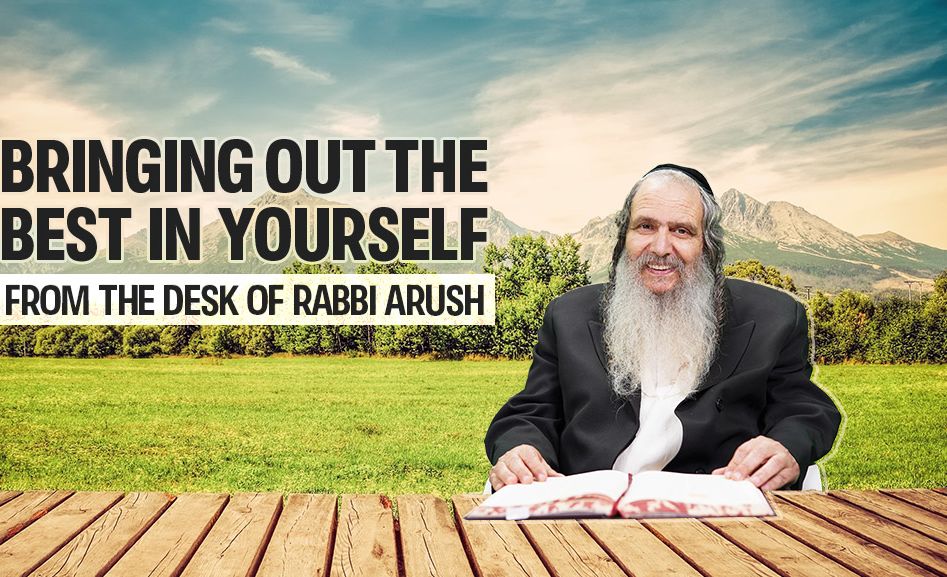
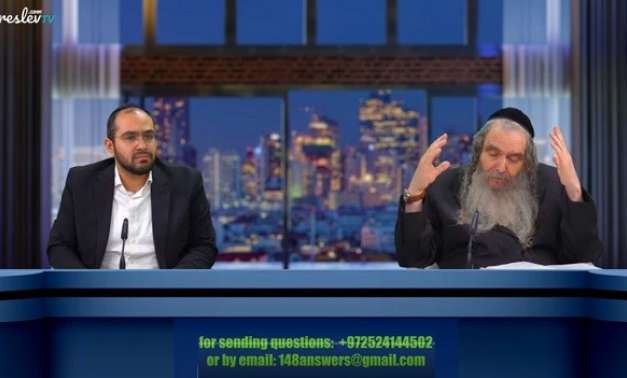
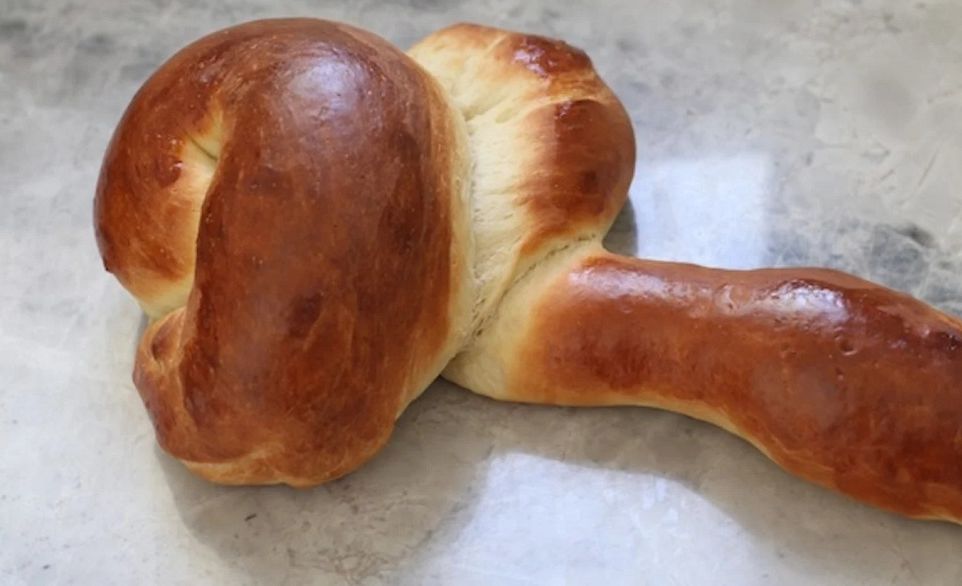


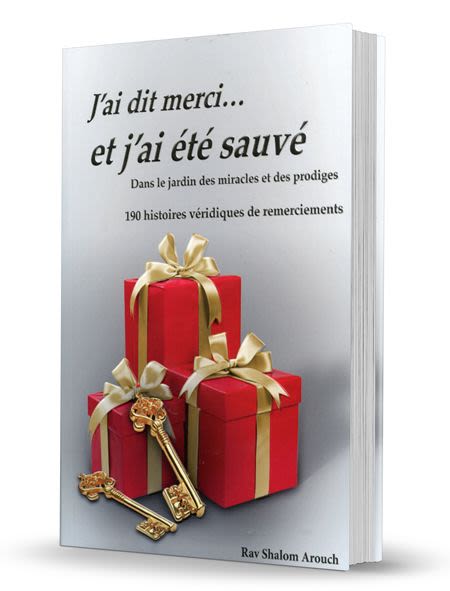

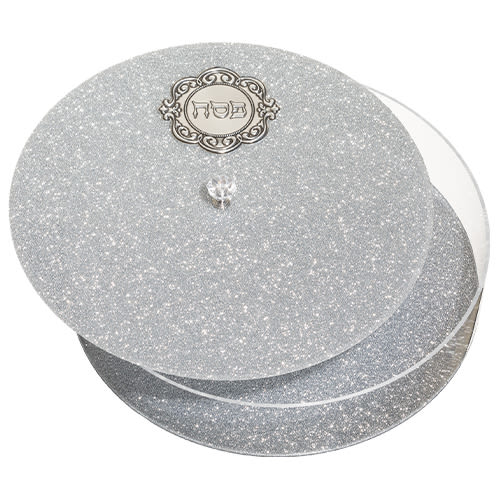
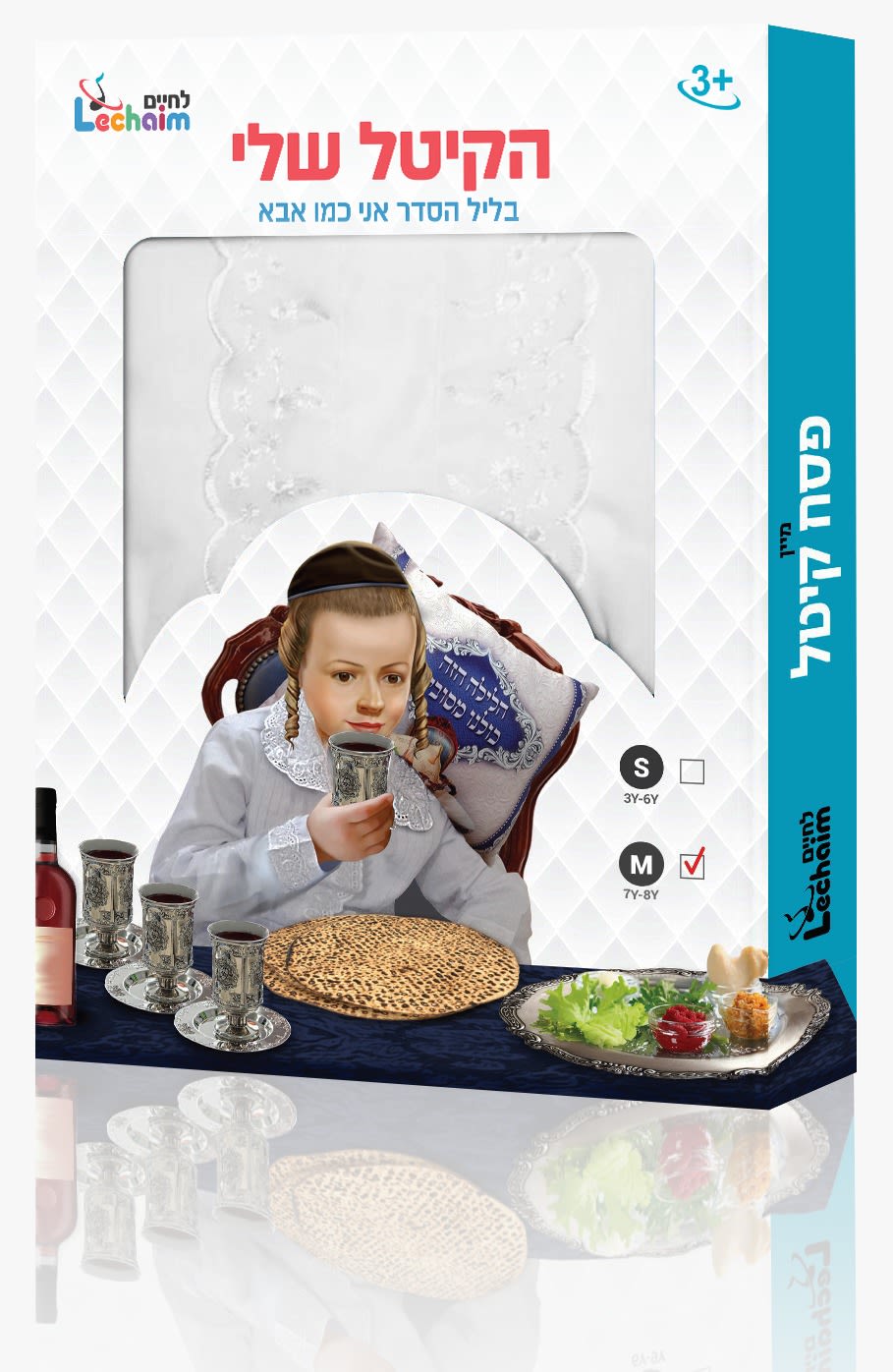
Tell us what you think!
Thank you for your comment!
It will be published after approval by the Editor.